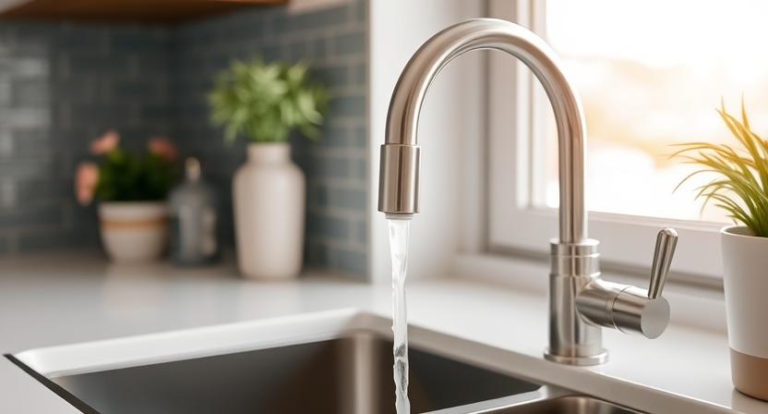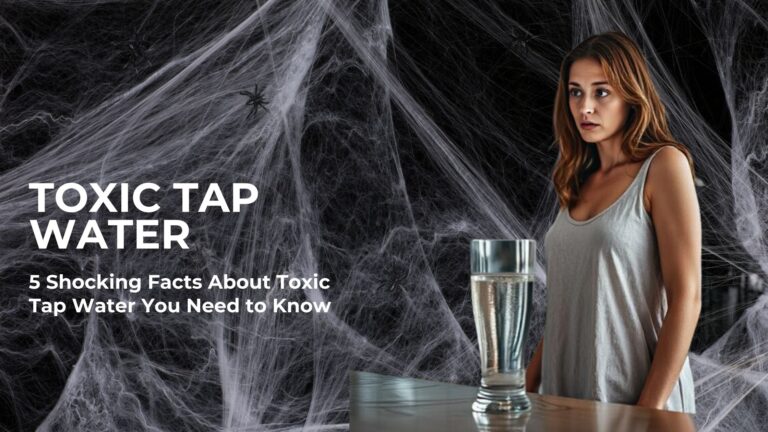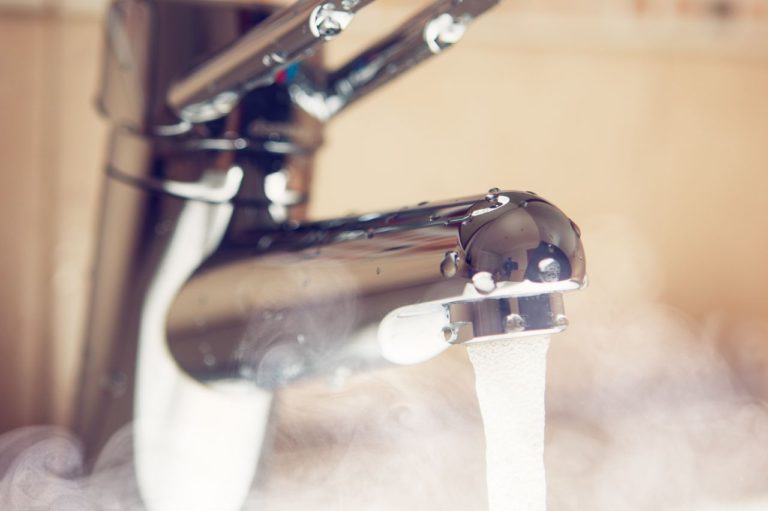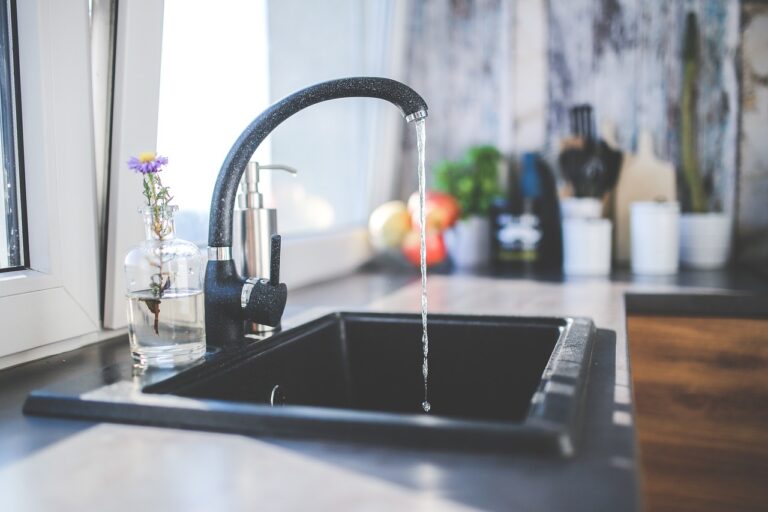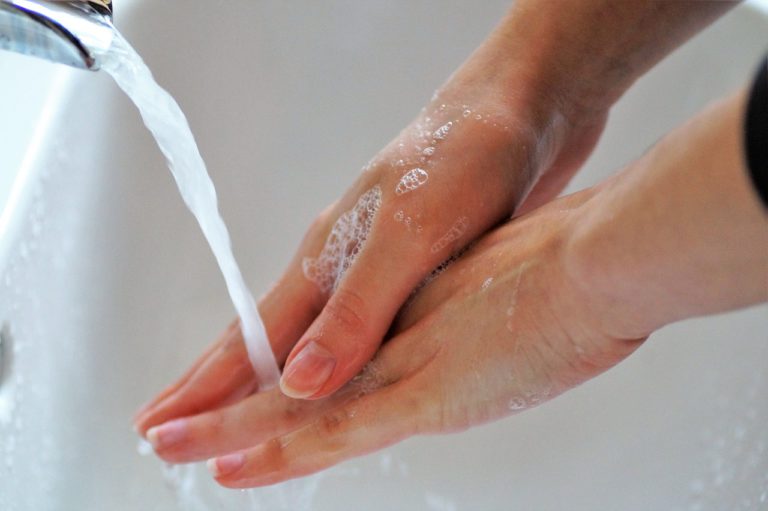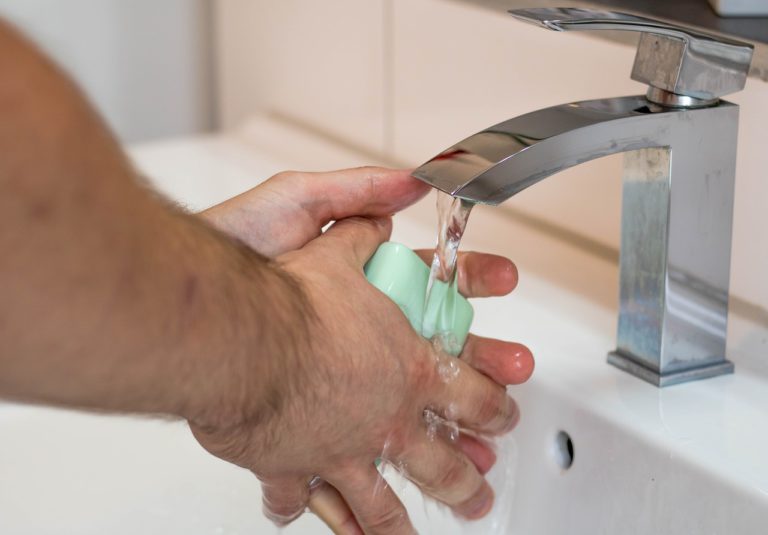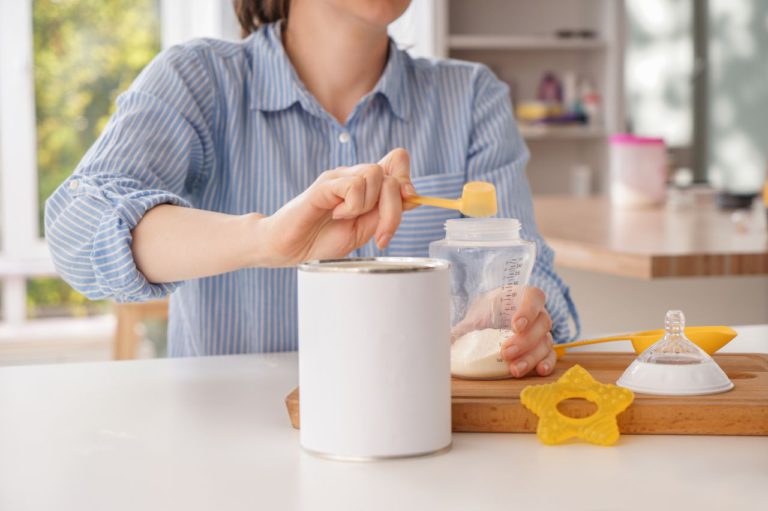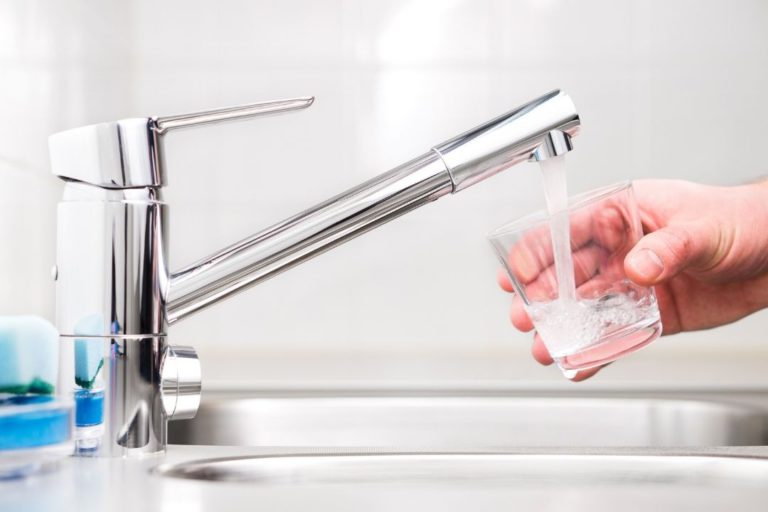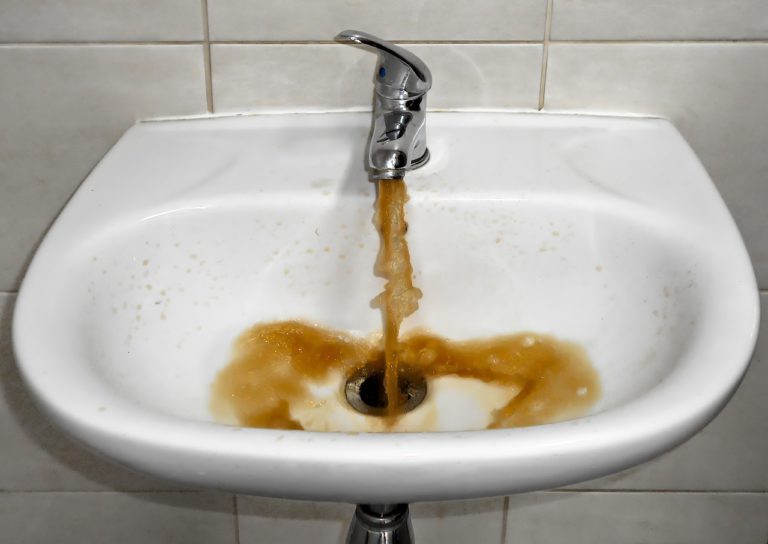Why Is Tap Water Not Hydrating?
Have you ever wondered why something as simple and abundant as tap water might not be doing a great job at hydrating you? It’s one of those questions that seems easy on the surface: Water is water, right? But as it turns out, there are many factors at play that can affect just how hydrating…


